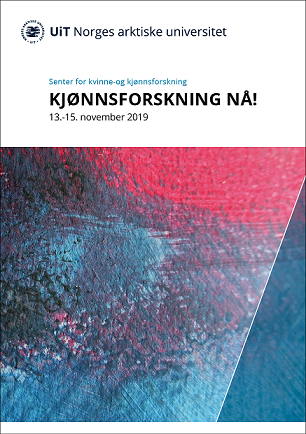From everyday practice to structural injustice
DOI:
https://doi.org/10.7557/5.5054Abstract
The “#metoo movement” has led to an increased awareness of the kind of structural injustice that makes it hard to identify, and get rid of, sexual harassment and gender discrimination. Worker representatives, union coordinators and politicians have stated that they will pay more attention to how structural patterns of interpretation, symbols, stereotypes, and norms, are contributing to silencing the voices of the victims. My paper is not about #metoo movement or sexual harassment per se, but about the kinds of injustice embedded in ways of communicating and in how we assess each other’s’ statements and behavior. The first part of my paper discusses how epistemic injustice, implicit bias and micro injustice operates within our everyday social practices. The aim is to show how these forms of injustice are contributing to support collective frames of interpretation that need to change in order to realize gender equality. In the second part of the paper, I argue that the best solution to avoid the negative effects of implicit bias, micro inequality and epistemic injustice, is to make institutions responsible Social, political and legal institutions should be organized in a way that reduces negative effects of structural injustice. Inspired by Elisabeth Andersson’s critique of Miranda Frickers concept of epistemic virtue, I discuss three reasons why this should be a case for institutions. First, all people tend to assess other people according to implicit biases. It is not a question of people’s bad character, but a question of cultural narratives. Second, structural injustice is often rooted in small micro inequalities that are not in themselves unjust. The injustice occurs when these small actions aggregate into structural patterns of inequality. Third, institutional justice aims at creating just background conditions for individual actions.





